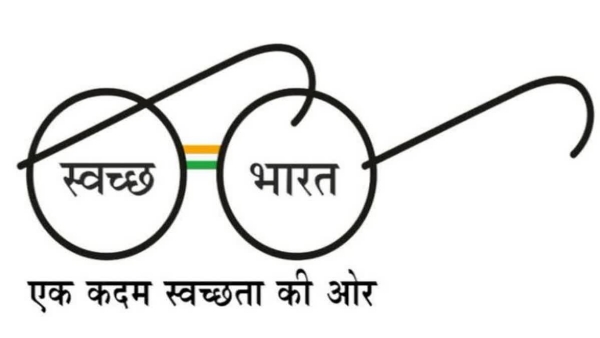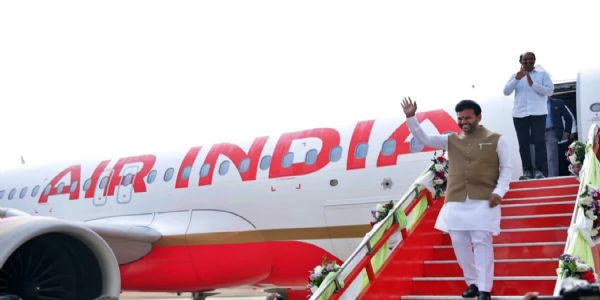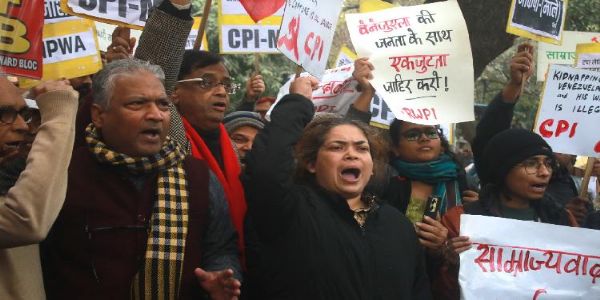
NEW DELHI, 13 March (H.S.) : Although the Government of India initiated Phase II of the
Swachh Bharat Mission (Grameen) in February 2020, with a timeline extending
from 2020-21 to 2024-25, official data indicates that several major states are
significantly lagging in meeting two essential objectives of this phase. These
objectives include ensuring the sustainability of Open Defecation Free (ODF)
status and implementing comprehensive solid and liquid waste management across
all villages by the 2024-25 deadline.
Government data indicates that states such as Andhra
Pradesh, Haryana, Jharkhand, Karnataka, and Punjab have struggled significantly
in reaching the ODF Plus status. In contrast, states like Uttarakhand, Madhya
Pradesh, and Chhattisgarh have excelled, with a majority of villages in these
regions attaining ODF Plus. Additionally, states including Assam, Goa, Gujarat,
and Haryana have numerous rural blocks that are supported by rural PWMU
initiatives.
The Government of India initiated the Swachh Bharat Mission
(Grameen) on October 2, 2014, aiming to eradicate open defecation across the
country by October 2, 2019. The success of this initiative relied on fostering
a demand for toilets, which led to their construction and ensured that all
members of households utilized them consistently.
As per the information available in the Integrated
Management Information System of the Swachh Bharat Mission, by October 2, 2019,
every village had proclaimed itself Open Defecation Free (ODF). Nevertheless,
numerous villages across various states have not yet attained ODF Plus status.
States such as Andhra Pradesh, Assam, Karnataka, Meghalaya, Manipur, and Punjab
have recorded less than 20 percent of their villages achieving ODF Plus.
In February 2020, the Union Cabinet sanctioned the Swachh
Bharat Mission Phase II, which is set to be executed from 2020-21 to 2024-25.
This phase aims to concentrate on ODF Plus initiatives, including the
sustainability of Open Defecation Free (ODF) practices, following the
attainment of ODF outcomes and the establishment of effective solid and liquid
waste management across all villages.
In the second phase, the budget allocation for the year
2020-21 was initially set at Rs 9994.10 crore. However, this amount was
subsequently revised to Rs 6000.00 crore, with the actual expenditure recorded
at Rs 4947.92 crore. For the fiscal year 2024-25, the budget estimate was Rs
7192 crore, which remained unchanged, yet the actual allocation amounted to
only Rs 2354 crore. This significant project necessitates considerable effort.
The Centre has set a budget estimate of Rs 7192 crore for the fiscal year
2025-26, providing an extended timeline for the project's execution.
Hindusthan Samachar / Meenakshi Bhattacharya








